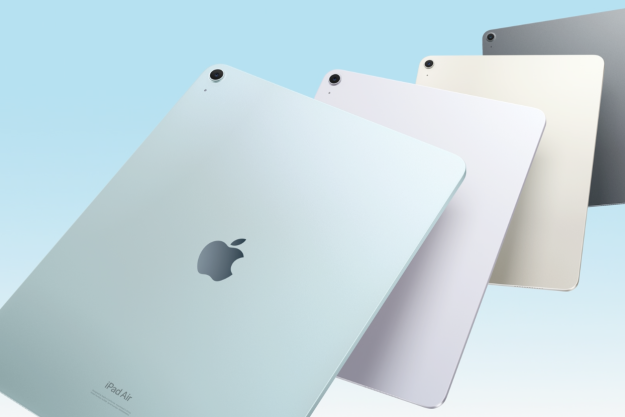Essential, the company founded by Android creator Andy Rubin and known for last year’s Essential Phone, is going through tough times. Just a few days ago news broke that the company was working on an artificial intelligence-powered smartphone that mimics its user, but now, Essential announced it cut around 30 percent of its staff.
The news isn’t all that surprising. A year and a half after the release of the original Essential Phone, we have yet to see any more major releases from the company. In fact, the company canceled a second Essential Phone and paused development on a new smart speaker, hinting the company had not panned out the way Rubin might have liked.
News also broke earlier in the year suggesting that Essential was looking to sell the company. That hasn’t happened just yet, but it’s clearly still a possibility. According to a report from Bloomberg, the cuts were primarily made in the hardware and sales divisions of Essential.
“This has been a difficult decision to make. We are very sorry for the impact on our colleagues who are leaving the company and are doing everything we can to help them with their future careers,” an Essential spokesperson said in an email to Bloomberg. “We are confident that our sharpened product focus will help us deliver a truly game-changing consumer product.”
Given the recent news that Essential was working on a new device, the future of the company is very unclear. It seems as though the company could be planning to show off an early prototype of the new device to industry partners at the Consumer Electronics Show in January in Las Vegas, with a release to consumers at some point later in 2019. The device will reportedly feature a small screen and aim to learn its user’s habits so that it can mimic them by doing things like texting back friends for the user. According to reports, the device will mostly be used through voice controls. If that device doesn’t sell — there’s no guarantee that it will — it may well be one of the last devices we ever see from Essential.
Editors' Recommendations
- One of our favorite Android phones just got its own iMessage app
- Hardware startup Essential is shutting down after releasing only one device
- Essential Twitter account shows off more pictures of ProjectGEM Essential phone

